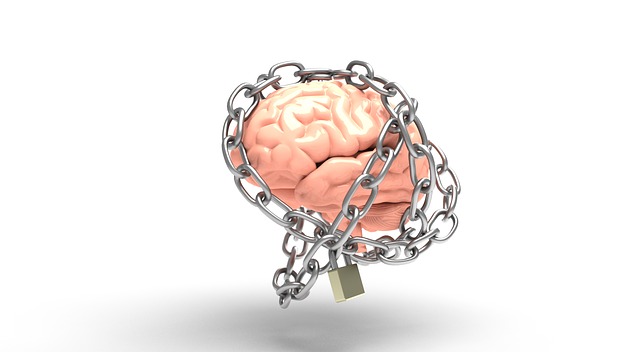Mental Illness will affect one in four people in the world
One of the targets from the United Nations in 2030 is to reduce premature mortality from non-communicable diseases by one-third through prevention, treatment, and awareness of mental problems and well-being. Mental illness will affect one in four people in the world. With an estimated 450 million people currently suffering, mental disorders are among the top causes of ill-health and disability worldwide. Global Burden of Disease report indicates mental disorders account for 13% of total Disability Adjusted Life Years (DALYs) lost with depression being the leading cause. That speaks volumes about the torment unleashed by mental issues issues in terms of human misery, disability, mental morbidity, mortality, health care costs, economic loss and productivity loss of countries.

13.7% Indians are suffering from various mental illnesses
India, in contrast to the developed countries, has a peculiar problem with the double burden of both communicable and non-communicable diseases (NCDs) plaguing its health care system. Mental, neurological and substance use disorders (MNSUDs), form a part of NCDs, are today acknowledged as major public health challenges. An estimated 13.7% Indians are suffering from various mental illnesses of which 10.6% require immediate intervention. Despite the scale of suffering, the treatment gap for all mental health disorders (except epilepsy) stands at a staggering 60%. Owing to the stigma attached, limited awareness, availability, accessibility and affordability, 80% of victims forgo treatment and care.

Mental Disorders affect everyone irrespective of age, gender, residence and living standards
Mental Disorders affect everyone irrespective of age, gender, residence and living standards. The complex mixture of biological, social, environmental, cultural and economic factors cause them. In countries like India, the social determinants of health like employment, education, living standards, environment, access, equity and others contribute significantly to both causation and recovery. Mental illness includes antisocial behavior, crime, domestic violence and alcohol and drug abuse. Mental problems of a chronic nature result in a lifelong impact and poor quality of life. Families and individuals suffer because of neglect, marginalization, and earning potentials. This adds to the woes of treatment gap due to the nature, duration, and impact of illness.
Addressing Mental Health is very Important

In conclusion, addressing mental health is important. However, it has often been accorded a lower priority amidst the competing health and social priorities; hence, the realized progress thus far has been far from satisfactory.
All images are courtesy Pixabay
To learn more about Dr. Prerna Kohli click here

